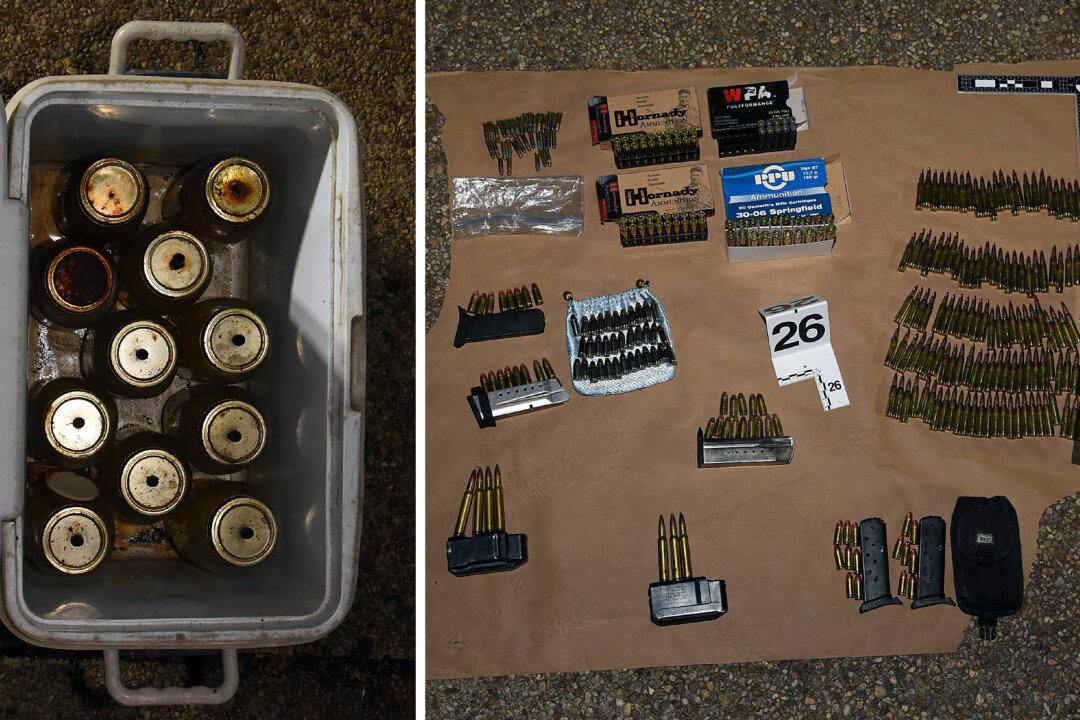An Alabama man who brought Molotov cocktails and a cache of weapons and ammunition to Washington on Jan. 6, 2021, was sentenced on April 1 to 46 months in prison, followed by three years of supervised release.
U.S.District Judge Colleen Kollar-Kotelly said she was frustrated at not getting a good explanation for why Lonnie Leroy Coffman, 72, of Falkville, Alabama, drove to the country’s capital in a pickup truck loaded with firearms, incendiary devices, and other weapons.





